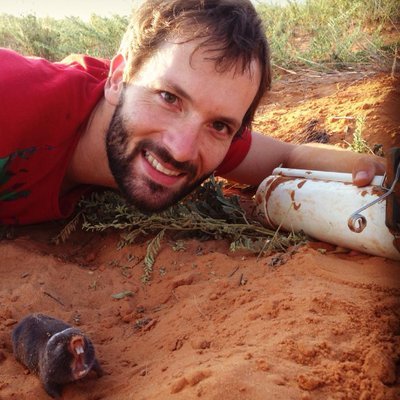Spring 2022
Talks are Tuesdays at: 08:00 (PDT), 11:00 (EDT), 17:00 (CEST), 20:30 (IST), 01:00 (Wednesday, AEST)
Marlene Zuk
Title: Adaptive signal loss and the role of behavior in the establishment of novel traits. Recorded Talk.
Date: 1 March 2022
Suggested Readings:
Sarah Guindre-Parker
Title: Ultimate and Proximate benefits of social behavior in superb starlings. Recorded Talk.
Date: 8 March 2022
Suggested Readings:
Peter Biedermann
Title: Evolutionary feedbacks between insect sociality and microbial management. Recorded Talk.
Date: 15 March 2022
Suggested Readings:
Markus Zöttl
Title: The social life of African mole-rats. Recorded Talk.
Date: 22 March 2022
Suggested Readings:
Karen Kapheim
Title: Causes and consequences of behavioral plasticity in bees. Recorded Talk.
Date: 29 March 2022
Suggested Readings:
Erica van de Waal
Title: Lab cognition going wild: field experiments on vervet monkeys. Postponed.
Date: 05 April 2022
Suggested Readings:
Luis Ebensperger
Title: A model of sociality driven by instability, sex conflict, and context-specific benefits. Recorded Talk.
Date: 12 April 2022
Suggested Readings:
TBD
TBD
TBD
Trine Bilde
Title: Social evolution in spiders: short term benefits but long term costs. Recorded Talk.
Date: 19 April 2022
Suggested Readings:
Mandy Ridley
Title: Cognition, cooperation and climate change. Recorded Talk.
Date: 26 April 2022
Suggested Readings:
Anthony Di Fiore
Title: Agent-based simulation modeling for studying primate behavior and social evolution. Recorded Talk.
Date: 03 May 2022
Suggested Readings:
Gloriana Chaverri
Title: Vocal communication and group coordination in disc-winged bats. Recorded Talk.
Date: 10 May 2022
Suggested Readings:
Michael Griesser
Title: Why family living matters for cooperation. Recorded Talk.
Date: 17 May 2022
Suggested Readings:
Eva Fischer
Title: Mechanisms of Parental Care in Poison Frogs. Recorded Talk.
Date: 24 May 2022
Suggested Readings:
Corina Logan
Title: Do species in human modified environments have to be flexible? Recorded Talk.
Date: 31 May 2022
Suggested Readings:
Elizabeth Hobson
Title: Dominance hierarchies, fight decisions, & social support as windows into animal social cognition. Recorded Talk.
Date: 14 June 2022
Suggested Readings:
Niels Dingemanse
Title: Understanding individual behavior: a key role for social environments. Recorded Talk.
Date: 28 June 2022
Suggested Readings:
















